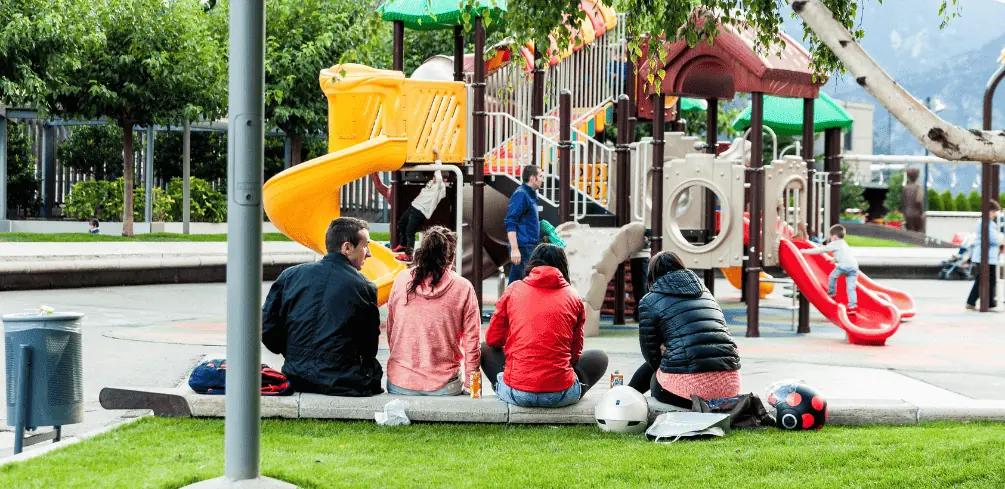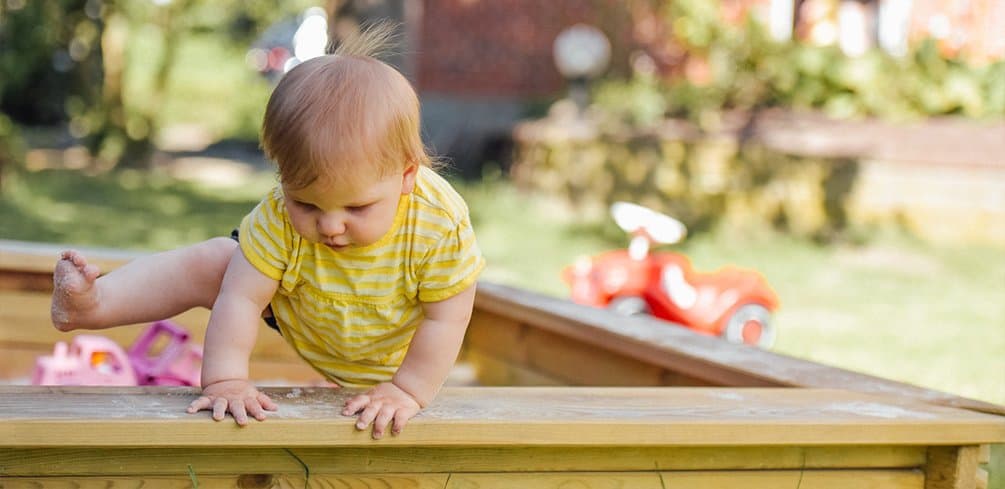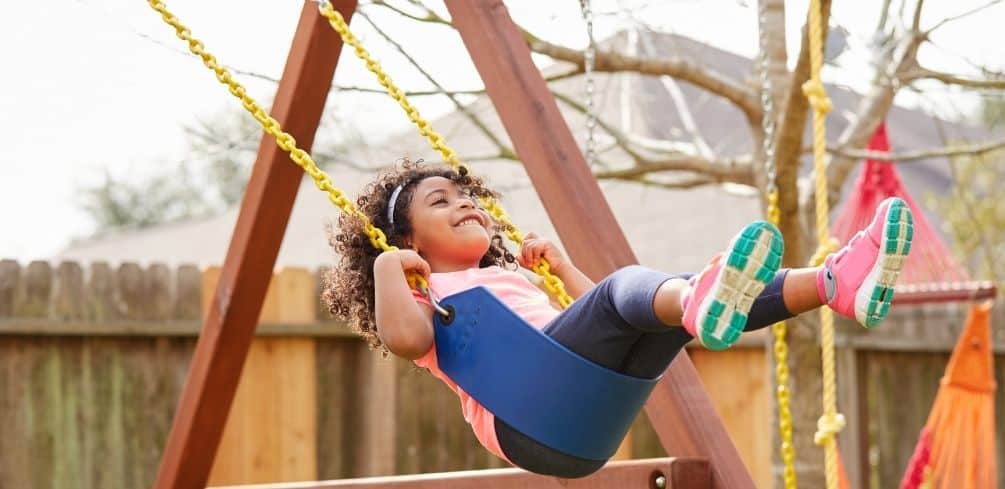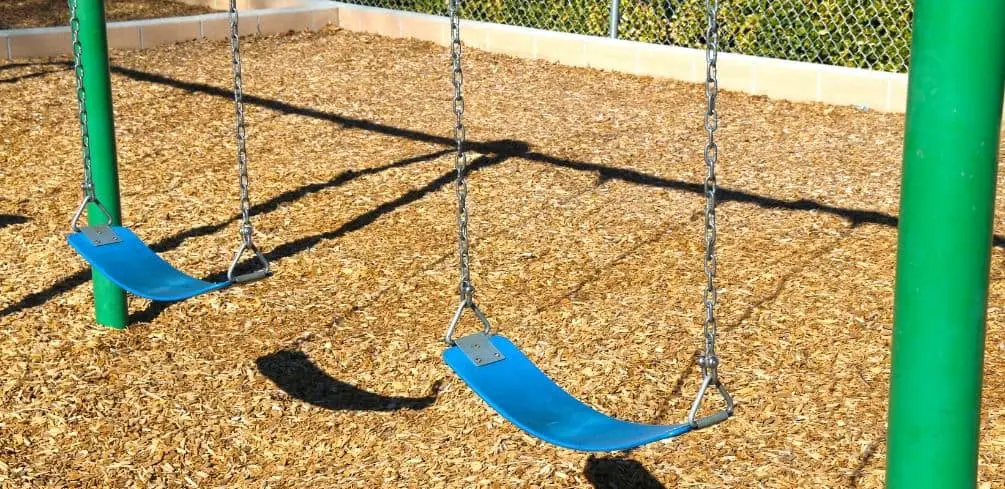You might be wondering, are playgrounds public property?
As you stroll through your local park or watch your children play in the jungle gyms, it’s essential to understand who is responsible for these recreational spaces. The answer isn’t as straightforward as you may think.
Playgrounds can be owned and managed by various entities – from local governments to private organizations – each with its own unique set of rules and regulations. Delving deeper into the world of playground ownership and management, there are various factors to consider.
From the role of local governments in maintaining these spaces to private entities’ involvement in funding and upkeep, understanding the complexities surrounding playgrounds can help foster a sense of community pride and appreciation for our shared recreational areas.
Types of Playground Ownership

While you’d assume all playgrounds are public property, there’s actually a variety of ownership types that’ll surely pique your interest.
Playground funding and ownership can come from various sources, including local governments, non-profit organizations, schools, or private companies.
Understanding the nuances of playground ownership is essential as it directly affects the community’s access to these spaces and the benefits they bring.
When a local government owns and operates a playground, it often receives funding through taxpayer dollars or grants. This type of ownership ensures public accessibility for everyone in the community and typically has maintenance taken care of by city workers.
On the other hand, non-profit organizations may step in to provide funding for playgrounds when public resources fall short. These groups work to secure donations and grants to build and maintain these spaces.
However, accessibility might be limited depending on their agreements with landowners.
Schools also play a significant role in providing playground spaces for children within their communities. While these playgrounds primarily serve students during school hours, many are open to the general public outside of those times as an additional benefit.
Private companies can also own and operate playgrounds, either as part of a larger commercial development or within residential neighborhoods. In such cases, accessibility may be restricted only to residents or patrons of that specific development.
Ownership benefits vary depending on who manages these recreational areas. However, understanding where each type falls within your community will ensure you know which ones you’re free to enjoy thoroughly!
Role of Local Governments in Playground Management
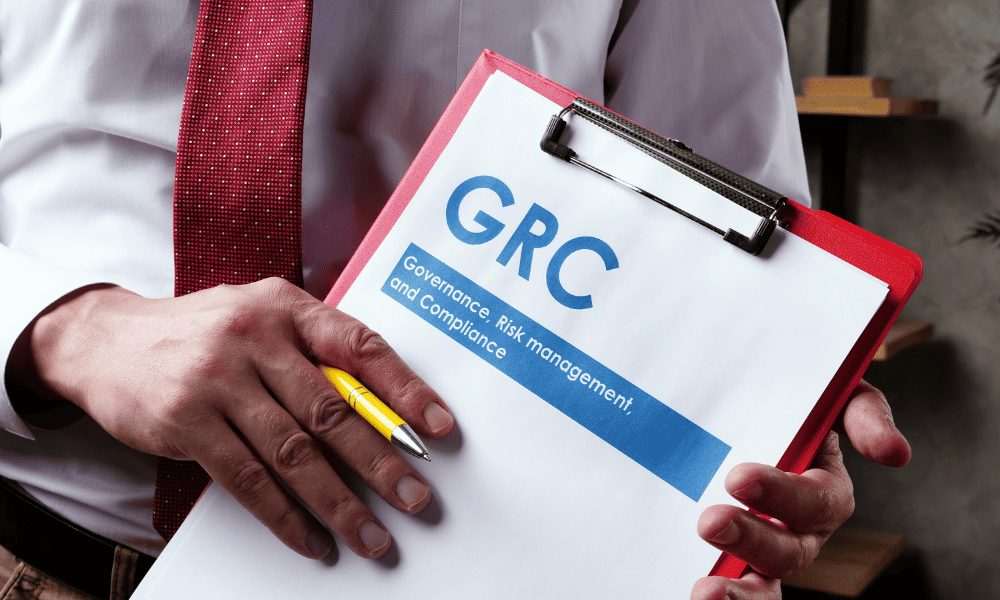
As the captain of your neighborhood’s ship, your local government steers the course for managing those cherished spaces where laughter and memories are born.
Playgrounds are essential public spaces that contribute to community well-being, and local governments play a critical role in their maintenance and management.
From securing funding to ensuring safety regulations, your local government wears many hats when it comes to overseeing playgrounds.
Local governments take on multiple responsibilities related to playground management:
As you think about how important playgrounds are for nurturing healthy communities, remember the pivotal role played by your local government in making these spaces possible. They work tirelessly behind the scenes to maintain safe havens for children and families alike.
By keeping abreast of zoning regulations, securing the necessary funding, and enforcing safety standards, your local government helps create joyful outdoor play areas that encourage residents of all ages to connect with one another while enjoying the great outdoors.
So next time you visit your neighborhood park or playground with loved ones in tow, give a nod of gratitude towards those who work hard at preserving these essential public spaces for future generations of laughter and memories.
Involvement of Private Entities

You might not realize it, but private entities also play a significant role in shaping vibrant outdoor spaces where kids can freely explore and imagine.
Private funding impact and corporate sponsorships often provide essential resources for playgrounds that may not receive sufficient support from local governments.
These partnerships can facilitate the development of state-of-the-art facilities, ensuring that playgrounds remain safe and accessible while contributing to the overall quality of life within communities.
In many cases, private entities collaborate with local governments and community organizations to create innovative public-private partnerships that benefit all parties involved.
This collaborative approach allows for shared responsibility in maintaining and improving playgrounds, resulting in a more efficient allocation of resources and increased community engagement.
Furthermore, corporate sponsorships can serve as valuable marketing tools for businesses looking to demonstrate their commitment to social responsibility while generating positive publicity.
The involvement of private entities in supporting public playgrounds is critical to fostering a sense of community pride and encouraging active lifestyles among residents.
Through strategic partnerships with local governments, businesses have an opportunity to contribute positively towards the well-being of children by providing safe spaces for them to learn through play.
Together, these efforts ensure that playgrounds will remain cherished fixtures within our communities for generations to come.
Community Implications and Access

Isn’t it amazing how the involvement of private entities in creating and maintaining outdoor spaces can have such a profound impact on communities?
By ensuring all children have access to safe, engaging play areas, we’re not only promoting their physical and mental well-being but also fostering a sense of unity and pride among residents.
Community engagement plays a vital role in achieving access equity for playgrounds, as it brings together people from different backgrounds who share the common goal of providing an enriching environment for children.
One way to promote community engagement is by organizing events, workshops, or volunteer programs that encourage local residents to get involved in the design, construction, and maintenance of playgrounds.
This collaborative approach not only creates a sense of ownership but also generates valuable insights into the unique needs and preferences of the neighborhood’s children.
Furthermore, with active participation from diverse segments of society—low-income families, disabled individuals, and seniors—it becomes easier to address any barriers that may hinder equitable access to these recreational spaces.
As more private entities contribute resources and expertise towards public playground projects through partnerships with local governments or nonprofit organizations, it’s essential that this collaboration prioritizes inclusivity and equal opportunity when designing play areas.
By incorporating universal design principles that accommodate varying abilities and ages while being sensitive to cultural differences or socioeconomic factors, we ensure that no child feels left out or disadvantaged when seeking enjoyment at their local playground.
Ultimately, creating accessible public spaces where everyone feels welcome fosters not only social cohesion but also long-lasting connections between neighbors who collectively care for their shared environment.
Maintenance and Safety Responsibilities
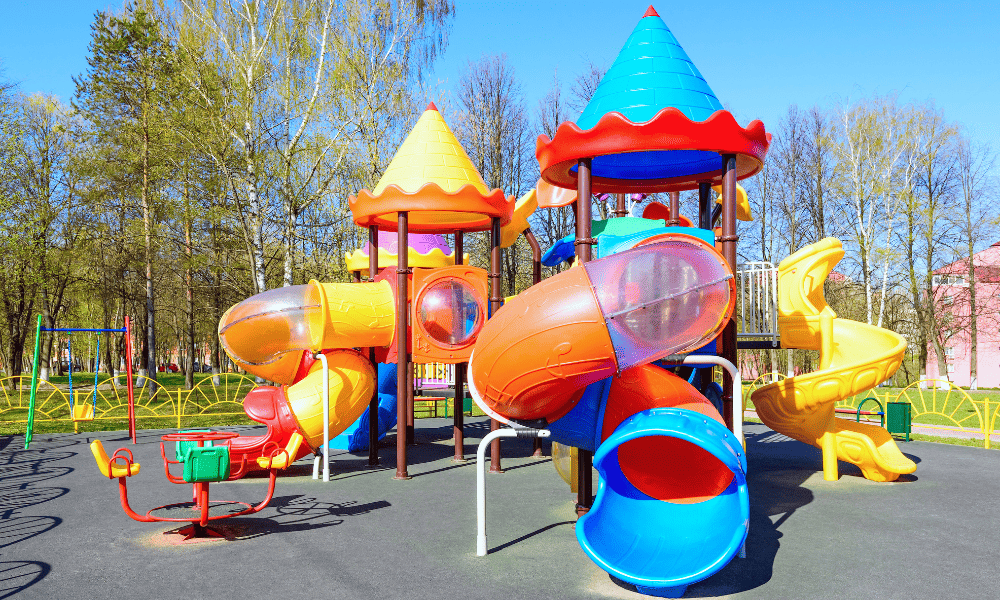
It’s crucial to consider the ongoing maintenance and safety responsibilities when it comes to these outdoor spaces, as they play a significant role in ensuring children can enjoy them without any hazards or limitations.
As playgrounds are public property, the responsibility of upkeep typically falls on local governments, schools, or community organizations.
In order to maintain a safe and welcoming environment for all users, here are four essential steps that must be taken:
By addressing these elements effectively, you can ensure that your community’s playground remains a safe place where children are free to play without fear of injury or harm.
It also means that parents can feel confident, allowing their kids to explore new challenges on equipment designed specifically for growth and development.
Playground maintenance and safety responsibilities go beyond just inspections; they encompass everything from sourcing funds to engaging with the broader community actively.
By taking a proactive approach towards maintaining these public spaces responsibly – through regular checks carried out by professionals – you won’t only protect young people but also promote positive relationships between neighbors who share common goals: happy families enjoying time spent together outdoors in healthy surroundings!
Conclusion
In a nutshell, playground ownership and management can be quite a mixed bag. It’s important for you to understand the role local governments, private entities, and communities play in ensuring your neighborhood playground remains accessible and safe.
So keep an eye out for these key aspects when discussing public property concerns with fellow community members. Remember that it takes a village to maintain our shared spaces, fostering a sense of unity and responsibility for all to enjoy.

